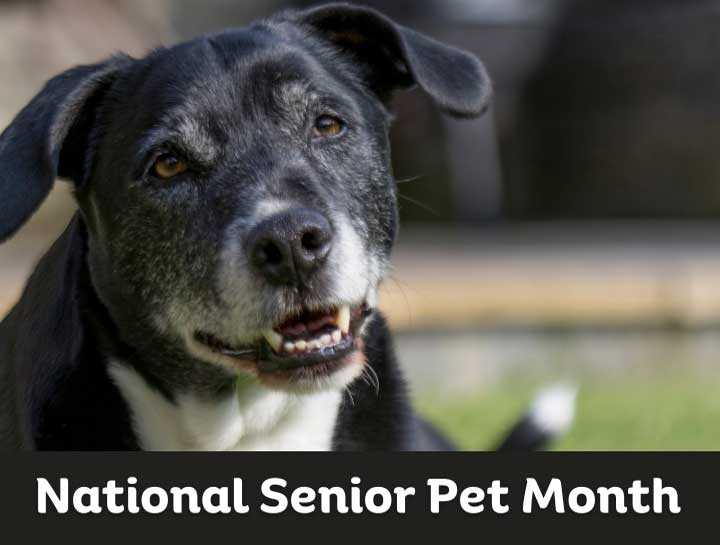3x Mall Insights
Exploring the latest trends and news in online shopping.
Senior Pets: The Secret Life of Your Furry Senior Citizen
Discover the hidden joys and surprising antics of your furry senior citizen. Unveil the secret life of senior pets today!
Understanding Your Senior Pet's Unique Needs: A Comprehensive Guide
Caring for your senior pet requires a deeper understanding of their unique needs as they age. Just like humans, senior pets experience changes in their physical health, behavior, and nutritional requirements. It is essential to recognize common signs of aging, such as decreased energy levels, changes in appetite, and increased sleep. Regular veterinary check-ups become crucial during this stage of life because your vet can offer tailored advice on maintaining your pet's health. Additionally, adjusting their diet to include easier-to-digest foods can significantly improve their quality of life.
Moreover, mental stimulation is just as important as physical health for senior pets. Engaging them in age-appropriate activities can help preserve their cognitive functions and keep them entertained. Activities might include gentle leash walks, puzzle toys, or simple training exercises that promote bonding and keep their minds active. Furthermore, consider creating a comfortable environment where they can rest easily, as comfort becomes vital for their overall well-being. By understanding and addressing the unique needs of your senior pet, you will ensure they live out their golden years happily and healthily.

Signs Your Senior Pet May Be Hiding Health Issues: What to Look For
As our beloved pets age, it becomes increasingly important to pay attention to their behavior and physical condition. Signs your senior pet may be hiding health issues can often be subtle yet significant. Look for changes in their eating habits, such as decreased appetite or sudden weight loss, as these may indicate dental problems, digestive issues, or other underlying health concerns. Additionally, watch for changes in their activity levels; if your once playful companion is now more lethargic or seems reluctant to engage in walks or play, it could be a warning sign of pain or discomfort.
Another key indicator is grooming behavior. Senior pets may neglect personal grooming due to pain or stiffness, which can lead to matted fur or skin issues. Pay attention to their bathroom habits too—excessive urination, straining during elimination, or accidents indoors may highlight bladder, kidney, or other health problems. Lastly, keep an eye on any behavioral changes, such as increased irritability or fearfulness, which can be linked to cognitive decline or pain. By being observant and proactive, you can ensure your senior pet receives the care they need to maintain their quality of life.
How to Create a Comfortable Environment for Your Aging Furry Friend
Creating a comfortable environment for your aging furry friend is essential to ensure their well-being and happiness. Start by evaluating their living space: consider adding soft bedding in a quiet area where they can relax without disturbances. Use non-slip mats to prevent slips and falls, as older pets may have mobility issues. Additionally, make sure their essentials, such as food and water bowls, are easily accessible to reduce strain on their joints.
Moreover, maintain a consistent routine for feeding, walks, and playtime. This predictability helps your aging pet feel secure in their environment. Incorporating gentle exercises, like short walks and light play, can improve their overall health and mood. Don't forget to consult with your veterinarian for tailored advice on how to best support your furry friend's golden years.